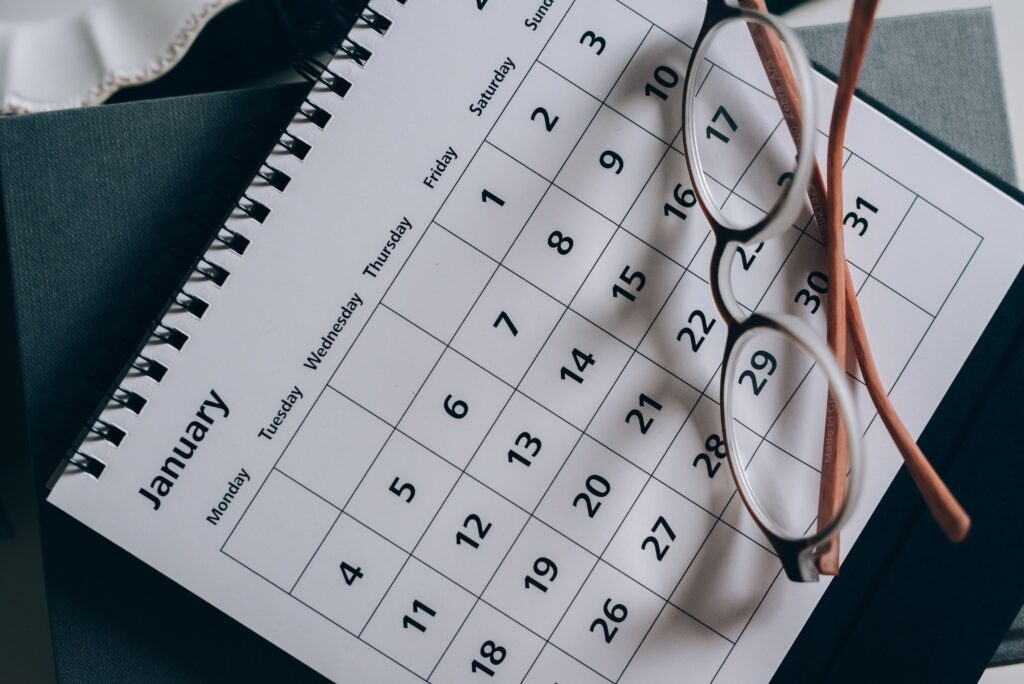A lot of French learners have a hard time knowing with the pair an or année. They both translate as “year,” but they are used in different context. Maybe you have an idea of how they differ, but you want specifics. French is a very specific language after all. How can someone know which to choose?
An is a matter of fact
You will choose an when there is little emphasis on the year.
Counting the years or when the number is the only adjective
J’ai 15 ans.
= I am 15 years old.
Nous nous sommes rencontrés il y a deux ans.
= We met two years ago.
Giving a time description in your sentence where the year is not the focus of the sentence
J’ai commencé apprendre le français en l’an 2011.
= I started to learn French in the year 2011.
Je voyagerai en France l’an prochain.
= I will travel to France next year.
Tous les…
When the plural tous is used to mean “every,” use an. Chaque is another story, and singular tout/toute (=the whole) is another story.
Tous les quatre ans, des athlètes du monde entier s’affrontent.
= Every four years, athletes from around the whole world compete against each other.
J’essaie d’ameliorer mon français de plus et plus tous les ans.
= I try to improve my French more and more every year.

Année has a descriptive focus
You will use this if the phrase has more information.
Any adjective or determiner that adds description
J’espère que cette année puisse être meilleure.
= I hope that this year can be better.
Mon père m’a dit que les années 90 étaient des années dangereuses.
= My dad told me the 90’s were dangerous years.
Any ordinal number or quantifier, including chaque
Je rêve de voyager en France chaque année.
= I dream of traveling to France every year.
La troisième année de la guerre a été l’année la plus sanglante.
= The third year of the war was the bloodiest year.
Focusing on the experience of events within that time, not just a time of an action
L’année prochaine sera mon année. Ça, c’est sûr.
= Next year is gonna be my year. That’s for sure.
L’an 2020 était une année pleine de surprises horribles.
= The year 2020 was a year full of horrible surprises.
Everything also applies to jour/journée, matin/matinée, soir/soirée
Everything I just mentioned applies to these three other time pairs.
J’ai passé quatre jours en France.
= I spent four days in France.
Il faut ne jamais oublier cette journée de carnage.
= We should never forget that day of bloodshed.
Tous les matins je me lève assez tard.
= Every morning I get up pretty late.
J’ai hâte de voir tout Paris la deuxième matinée.
= I am looking forward to seeing all of Paris on the second morning.
Pendant le soir, il s’est enfui.
= During the evening, he fled.
J’ai passé une soirée parfaite avec eux.
= I spent a perfect evening with them.
In summary:
- an/jour/matin/soir: time of an action and not the focus of the sentence
- année/journée/matinée/soirée: comes with significant adjectives, quantifiers, determiners, etc. or describes the whole time as an event
Look at you! You know how to use 8 distinct words that are only 4 in English. The efficiency is staggering!
Hopefully, that clears up any misunderstanding you can have about these words.
You can read more language explanations about French or other languages on my blog. You can also visit my YouTube channel for more tips and tricks to learn languages.
Bonne chance!